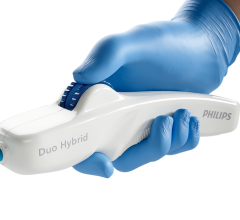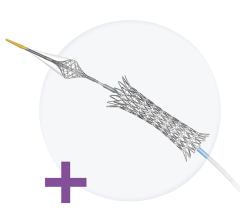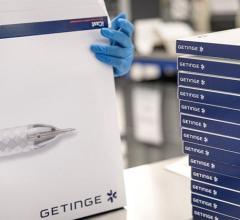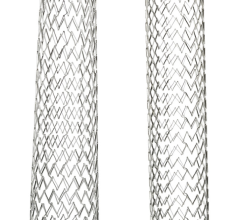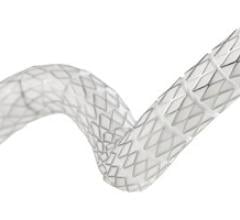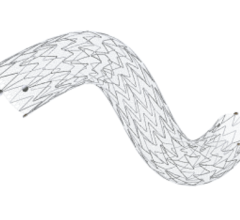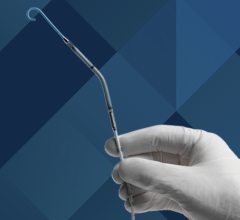September 17, 2008 - Medtronic Inc. said this week it started two new trials of the Endeavor Resolute drug-eluting stent (DES), the company’s complement to the Endeavor drug-eluting stent, which was approved by the FDA in February.
Clinical research teams led by interventional cardiologists Dr. James Carr at East Texas Medical Center in the U.S. and Dr. Franz-Josef Neumann at the Heart Center of Bad Krozingen in Germany enrolled the first patients in RESOLUTE U.S. (R-US) and RESOLUTE International (R-Int), respectively. The Endeavor Resolute zotarolimus-eluting coronary stent system is an investigational product in the U.S., where it is limited to investigational use only under an IDE (investigational device exemption) granted by the FDA. The device received the Conformité Européène (CE) mark in September 2007 and is commercially available in more than 100 countries around the world.
Medtronic said its drug-eluting stents use highly biocompatible polymers. The Endeavor Resolute DES uses the proprietary BioLinx polymer, which was designed to meet the same biocompatibility requirements as the phosphorylcholine (PC) polymer used in Medtronic’s flagship Endeavor stent. Compared to the PC polymer, the BioLinx polymer is designed to extend the duration of drug exposure in the vessel – an elution profile of potential relevance to patients that physicians consider to be at high risk of needing a repeat procedure. Developed by Medtronic scientists, it is the first polymer created specifically for use on a drug-eluting stent. Extensive preclinical studies have established both polymers’ biocompatibility and drug-delivery capabilities.
Medtronic’s portfolio of coronary stents provides physicians with a variety of stent choices to address the spectrum of clinical needs, the company said. The portfolio includes the Endeavor and Endeavor Resolute drug-eluting stents and the Driver and MicroDriver bare-metal stents. All of Medtronic’s coronary stents share the same cobalt alloy platform, which features a unique modular architecture and custom laser fusion patterns that together provide excellent radial strength and conformability to the vessel wall. Both of the company’s drug-eluting stents use the potent antiproliferative, noncytotoxic drug zotarolimus.
“Different patients require different treatment strategies, which is why the Endeavor Resolute stent and the RESOLUTE clinical program are so important for the future of interventional cardiology,” explained Dr. Martin Leon, associate director of the Cardiac Catheterization Laboratory at Columbia University Medical Center in New York, and one of three coordinating investigators for R-US. “These newly initiated trials have the potential to contribute significantly to the growing body of evidence that characterizes the safety and efficacy of the Endeavor Resolute DES.”
Dr. Petr Widimský, professor of medicine and cardiology at the Faculty Hospital of Kralovske Vinohrady in Prague, and one of three principal investigators for R-Int, added, “In many countries outside the United States, the Endeavor Resolute DES already provides an important option for the minimally-invasive treatment of coronary artery disease. The significant scale and scope of these multicenter registries will add to our understanding of how to use this new stent in standard clinical practice for the benefit of our wide range of patients.”
For more information: www.medtronic.com


 November 24, 2025
November 24, 2025 


